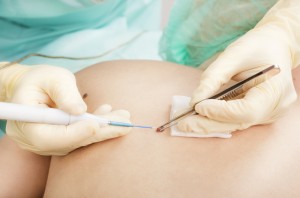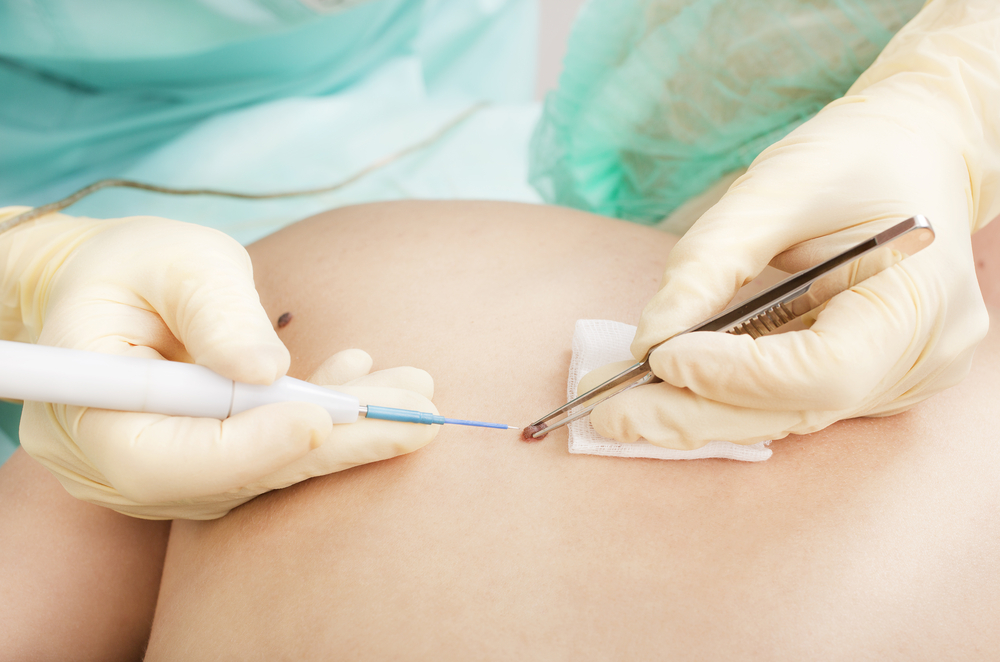 Human tissue sample banks have been an integral source of research material in the ongoing mission to find better treatments for today’s diseases. These banks house a myriad of samples ranging from autism to prostate cancer, but not all sampled diseases grow equally in number, which poses a problem for disease-specific research programs.
Human tissue sample banks have been an integral source of research material in the ongoing mission to find better treatments for today’s diseases. These banks house a myriad of samples ranging from autism to prostate cancer, but not all sampled diseases grow equally in number, which poses a problem for disease-specific research programs.
Those dealing with research on melanoma have noticed a decline in the number of cancerous skin samples being gathered, which is concerning because this form of skin cancer is known to be the the most fatal, and is in fact, the leading cause of skin cancer-related deaths.
The University of Pittsburgh Cancer Institute has announced it will take the appropriate steps to meet the growing need for melanoma tissue samples. They will be opening four more branches of the Melanoma Tissue Bank, which will soon be located at the California Pacific Medical Center in San Francisco, Northwestern University near Chicago and Oregon Health and Science University in Portland. While the locations have been confirmed, spokespersons have yet to reveal their opening dates.
Dr. John Kirkwood, the director of the Pitt skin cancer program, and longtime tissue bank advocate, will be spearheading these expansion efforts in close collaboration with the previously mentioned institutions, along with working plans to fund the first national melanoma tissue bank. Melanoma advocacy groups in Illinois and California are already working on raising over $3 million for the consortium.
Dr. Kirkwood explained each branch’s yearly goal will be to gather at least 50 tissue samples from consenting melanoma patients. They can be as big as a No. 2 pencil erase, or smaller. Samples will be frozen, and derived data will be made conveniently available for peer-reviewed studies all over the world. The researchers at Pitt are still sourcing out a potential location for the local branch.
It is estimated that every year 1 out of every 50 Americans will develop melanoma, which is a significant increase from a rate of 1 out of every 500, 25 years ago. The Pitt skin cancer program alone receives 600 melanoma patient visits yearly, which is why the local branch in Pittsburgh remains a priority.
Today, there are only 6 approved treatments for melanoma. Dr. Kirkwood believes making these tissue banks more accessible to health institutions and research sites will accelerate the advancement and approval of newer and better treatment and diagnostic options.


